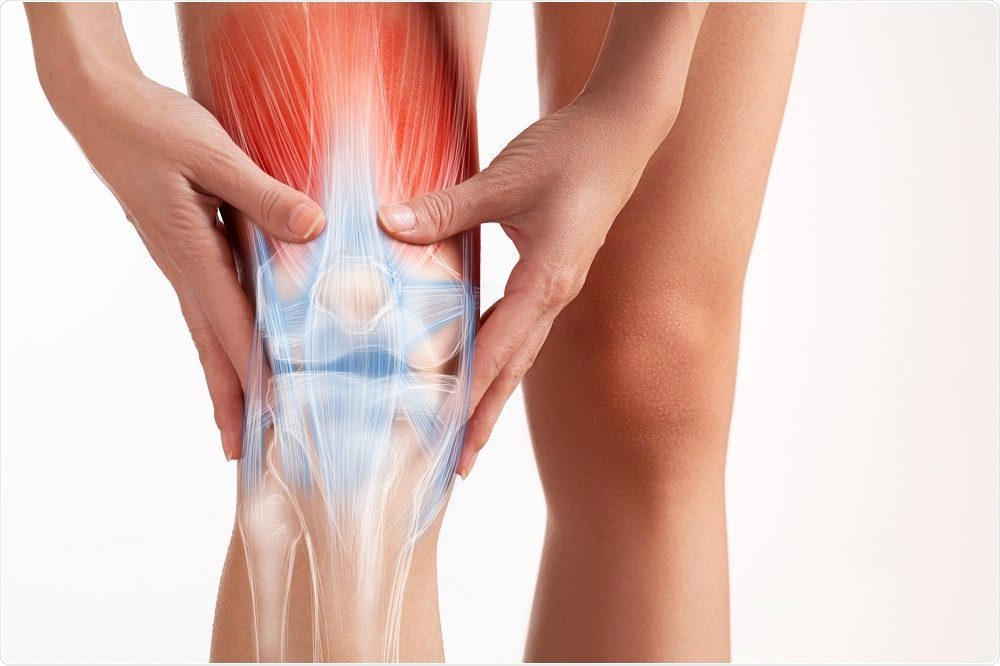Physiotherapy is used to assist people in regaining their ability to move their joints, muscles, and tendons after an injury, illness, or handicap. It helps with rehabilitation by preventing muscular atrophy and functional loss by keeping the muscles engaged and the joints flexible. People who have experienced physical disability due to neurological disorders can regain function with the help of neuro-physiotherapy.
Ailments with the brain, spinal cord, or peripheral nerves are neurological problems. Those affected may experience physical limitations in their mobility, balance, muscle strength, range of motion, and mobility. Therefore, they require the help of a neuro physiotherapist. In the following blog, we will discuss the role of physiotherapists and the conditions they treat.
Role of Neuro Physiotherapists
A Neurological Physiotherapist have extensive experience and expertise to treat neurological conditions. Because of their specialised training and experience, they provide therapy that can aid in a person’s recovery of mobility and functional abilities. The Neuro physiotherapist uses repetitions, exercise, and various other techniques to create new neural connections. Neuro-rehab Physiotherapists can assist patients in achieving their full potential and improving their quality of life.
Conditions Treated by Neurological Physiotherapy
A neurological physiotherapy is a treatment option for any neurological condition that makes it difficult for a person to move or carry out physical tasks. The central nervous system is impacted by neurological disorders, which cause the breakdown of the nerve signal pathways connecting the brain and spinal cord to muscles and organs.
The Neuro physiotherapist provides treatment for a variety of neurological conditions. The following are some of the conditions:
Spinal Cord Injury
Spinal cord injuries can compromise independence and function and cause autonomic dysreflexia, postural hypotension, and circulatory issues. People with spinal cord injuries lose their ability below the affected area. They might become lethargic, lose their strength and sensation, have respiratory problems, and lose control of their bowels or bladder. A neuro Physiotherapist can work on such issues by concentrating on boosting muscle strength above the degree/ level of injury to minimise muscle weakness, therefore, improve mobility and function
Guillain-Barre Syndrome
Guillain-Barre syndrome (GBS) is an immune system damage to the peripheral nervous system that causes rapidly progressive muscle weakness. Physiotherapy treatment can significantly slow the progression of Guillain-Barre syndrome. Strengthening muscles, preserving joint ranges of motion, restoring mobility and stability, and retraining the reliable movement patterns necessary for independent mobility are all objectives of neuro-physiotherapy rehabilitation.
Stroke: It is a serious medical condition that occurs as a result when the blood supply to any part of the brain is interrupted resulting in damage to the brain cells. Stroke can result in paralysis of one side of the body, speech loss, facial palsy, difficulty in swallowing, memory loss, reduced mobility, and functional abilities. Physiotherapy treatment plays a crucial role in the recovery and restoration of normal movement patterns thus improving functional abilities.
Parkinson’s disease:
Parkinson’s disease is a long-term and progressive neurological condition which is caused when the dopamine-producing cells of the brain die. It causes resting tremors, cog-wheel rigidity, and freezing episodes which affect mobility and function. Neuro-Physiotherapists are skilled at working with individuals to reduce stiffness, improve mobility and learn the techniques to reduce freezing episodes.
Multiple Sclerosis
Multiple sclerosis is among the most typical illnesses that disable young individuals (MS). Messages traveling via the nerve are interrupted because multiple sclerosis damages the brain and spinal cord. Following a relapse, neuro physiotherapy is very effective and assists in the recovery of lost function, stamina, mobility, and stability.
Cerebral Palsy
Cerebral palsy (CP) is a congenital condition and the most common motor impairment in children. This delays developmental milestones and impairs a person’s mobility, balance, and posture. Physiotherapy is an essential component of management for patients with cerebral palsy. It aims to strengthen the patient’s functional capacity through a well-planned intervention program of reducing stiffness, preventing contractures, and improving motor and sensory skills.
Traumatic Brain Injury
Traumatic brain injury can happen due to an abrupt, external physical attack that harms the brain (TBI). Brain injury rehabilitation aims to assist the patient in regaining as much autonomy and function as possible while enhancing their general physical, emotional, and social well-being.
Neuro physiotherapists are specialists that utilise various techniques to assist neurological patients in recovering. If you are suffering from neurological conditions like Cerebral palsy, Guillain-Barre syndrome, spinal cord damage, or another condition, we can assist in your road to recovery. Our expert team of Physiotherapists, Occupational therapists, and rehabilitation assistants have years of experience in providing stroke rehabilitation. Additionally, individuals with neurological conditions can comfortably get physiotherapy at their homes and care homes with ukhomephysio. With various exercises and treatments, the physiotherapists at ukhomephysio can help you recover from any condition, no matter how serious it is. Your recovery is our goal!



